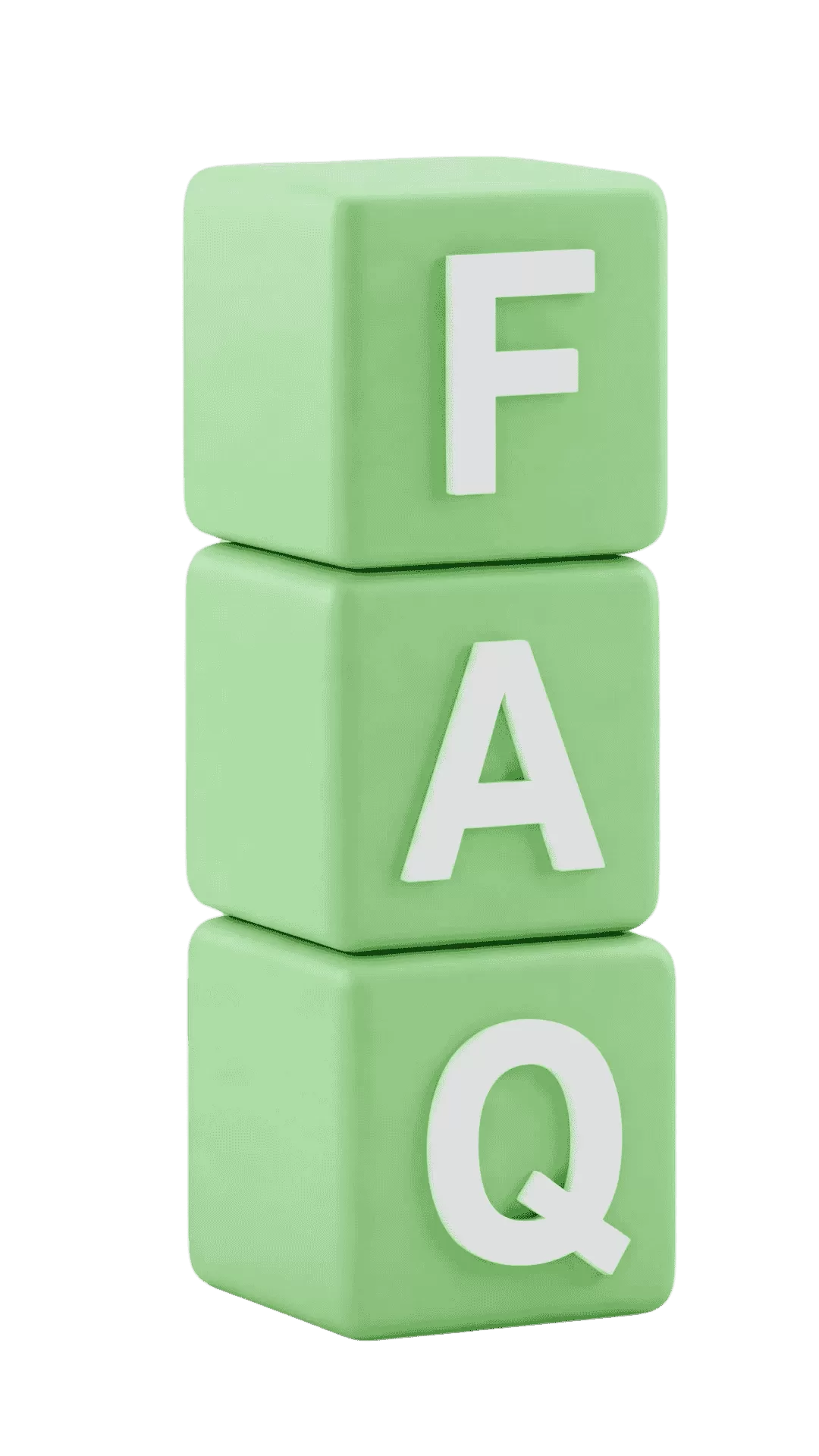1.1 Carry out practical work safely
1.2 Carry out practical work safely, supported by risk assessments where appropriate
2.1 All organisms are made of cells and microorganisms are typically single celled
2.2 Chromosomes contain genes, made of DNA, and that genes contribute to the determination of an organism’s characteristics
3.1 Use the particle model to describe chemical reactions
3.2 Use word equations to describe reactions
3.3 Use word equations and symbol equations to describe reactions
4.1 Describe changes in energy that are a result of an event or process
4.2 Energy is conserved, meaning it cannot be created or destroyed
5.1 The model of plate tectonics, in which a solid outer layer moves because of flow lower in the mantle
5.2 The movement of tectonic plates in terms of convection currents
6.1 The relevance of Science on mankind
6.2 How the uses of Science can have a global environmental impact?
Identify strengths, weaknesses, and needs.
Set academic goals with a clear learning roadmap.
Develop a detailed and structured study plan.
Teachers provide close guidance and adapt flexibly to maximize learning outcomes.
Identify strengths, weaknesses, and needs.

Set academic goals with a clear learning roadmap.

Develop a detailed and structured study plan.

Teachers provide close guidance and adapt flexibly to maximize learning outcomes.

Teaches:
Curriculum:

Teaches:
Curriculum:

Teaches:
Curriculum:

Teaches:
Curriculum:

Teaches:
Curriculum:

Teaches:
Curriculum:

Teaches:
Curriculum:

Teaches:
Curriculum:
| Condition / Feature | Standard | Premium | Platinum |
|---|---|---|---|
| 🌟Target Score Commitment | ❌ | ❌ | ✅ |
| Worksheets and Lesson Notes | ✅ | ✅ | ✅ |
| In-class Exercises and Solutions | ✅ | ✅ | ✅ |
| Extra Homework | ✅ | ✅ | ✅ |
| Exam-style and Past Papers | ✅ | ✅ | ✅ |
| Question Bank | ✅ | ✅ | ✅ |
| Saturday Morning Homework Support | ❌ | ✅ | ✅ |
| Fixed Teacher | ❌ | ✅ | ✅ |
| Support for IA, EE, TOK | ❌ | ✅ | ✅ |
| After-hours Message Response (until 9:30 PM) | ❌ | ✅ | ✅ |
| Initial Teacher & Student Meeting (Welcome Meeting) | ✅ | ✅ | ✅ |
| Teacher & Parent Conference | ❌ | ✅ | ✅ |
| Periodic Academic Reports | ✅ | ✅ | ✅ |
| Teacher's Feedback and Evaluation After Each Class | ✅ | ✅ | ✅ |
| Rescheduling Policy (Notice within working hours) | 24 hours | 12 hours | 06 hours |
| Exam Pass Commitment | ✅ | ✅ | ✅ |
Do not hesitate to contact Intertu


191 Nguyen Van Huong Street, Thao Dien Ward, Thu Duc City, Ho Chi Minh City
info@intertu.edu.vn
Phone : (028) 22426282 Zalo : 0971515265
Liên hệ ngay